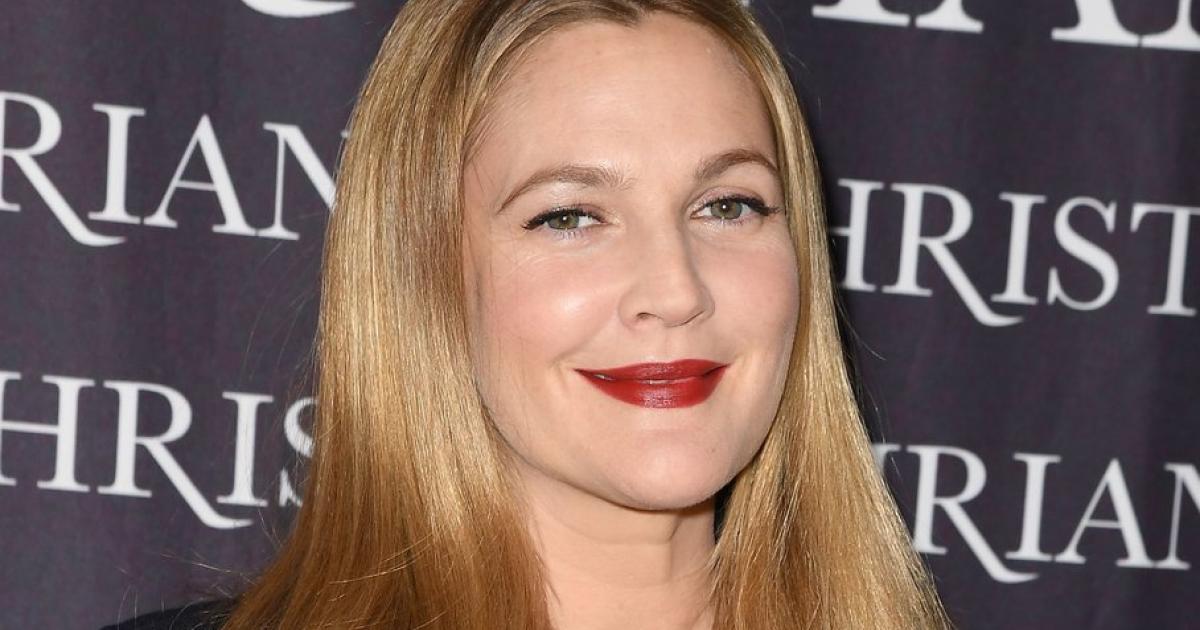Published on : 17/12/2020 – 06:56Modified : 17/12/2020 – 06:55
–
Belgrade (AFP)
For Timea Gajodi, it is an agonizing race against time. She must find $ 2 million to treat her 11-month-old baby with a rare disease. And she must be quick.
In Serbia, fundraising campaigns to finance expensive treatments abroad have increased in recent years.
It is common to see the faces of children plastered by the side of the road. Millions of euros have been raised in the Balkan country where the average monthly salary is less than 500 euros.
Timea Gajodi’s son, Oliver, suffers from spinal muscular atrophy, a long-lasting neuromuscular disease that affects about one in 10,000 births. Without treatment, muscles weaken, progressing gradually to paralysis or death, frequently before the second birthday.
Her baby is hospitalized in intensive care. “I never know what to expect” in the hospital, the 28-year-old mother told AFP. “He’s stable now, but that doesn’t mean he will be in half an hour.”
“I just want to save his life.”
Oliver received treatment in Serbia which helped him “immensely” says his mother. But she wants him to go abroad to receive gene therapy given in a single dose that would “put a total stop to the progression of the disease.”
At over two million dollars, Zolgensma from Swiss Novartis is reputed to be “the most expensive drug in the world”.
– Panicked parents –
The pharmaceutical group evokes lower costs than those of existing treatments for this therapy, which itself results from research financed in part in France by donation campaigns known as Telethon.
The parents of Oliver and four other affected Serbian children turned to the public, invited to contribute by texting around two euros to special numbers.
Their campaign is covered almost every day by the media. In six months, it has raised eight million euros, enough for four children. Oliver is the last to wait.
Over the past six years, a charity alone has received 10 million text messages to fund various treatments. Some citizens have sold their second homes to participate, according to the Serbian press.
Pop star and Eurovision winner Marija Serifovic just gave an online concert for 14-month-old Minja Matic, also suffering from spinal muscular atrophy. “I will sing as long as I have my voice, until we collect money for Minja,” she explained. Shortly after, it was done.
Access to healthcare is theoretically free in Serbia. But according to associations, innovative or long-term treatments are often inaccessible.
Katarina Danojlic, of “Podrzi zivot” (Support life), explains that her foundation is contacted every day by panicked parents to whom the public health services could not respond.
“If the health system was doing its job, our organization would not have a place,” she said.
– Problem of priorities? –
Slavica Vasiljevic turned to charities to raise 60,000 euros for innovative rehabilitation programs in Croatia for her six-year-old son with cerebral palsy.
“He has made cognitive progress, he has more refined motor skills,” she told AFP, smiling. “He can even stand for a few seconds.”
Serbia allocates a specific budget to treat children suffering from rare diseases abroad, but according to associations, this is not enough to cover all the needs.
Serbian President Aleksandar Vucic argues that fundraising campaigns are common in “almost all Western countries”. He also explains that an effective treatment against spinal muscular atrophy, Spinraza from the American laboratory Biogen, is available in Serbia.
Critics accuse the authorities of having a problem of priorities and denounce costly public projects such as “singing fountains” in Belgrade.
More than 100,000 people have signed a petition to demand that the funding provided by municipalities to celebrate the New Year, in any case mixed due to the pandemic, be used for the treatment of six children.
Seven municipalities responded, but not the big cities like Belgrade or Novi Sad.
“We only have to pay the politicians by text message and treat the children with the money from the budget”, quipped a user of social networks.
© 2020 AFP
–


